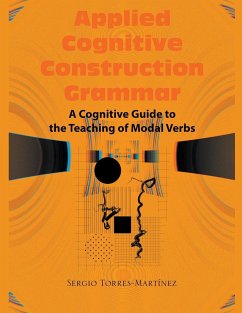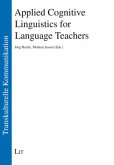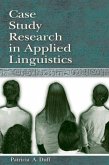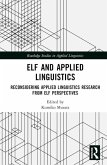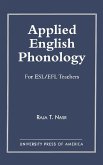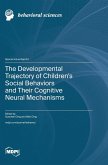The purpose of the present monograph is to offer teachers and learners of English a comprehensive pedagogical guide to modal verbs. As such, the book presents a fresh introduction to the use of the cognitive approach in the context of pedagogical grammar. The reader will find a short introduction to the cognitive conceptualization of language. The tasks in the book amalgamate three main rationales discussed in Torres-Martínez (2015, 2016, 2017, 2018, 2020): Task-Based Language Teaching (TBLT), Paper-based Data-Driven Learning (PbDDL) and the cognitive dimension of language providing the systematicity required for the introduction of the tasks in the classroom. I believe readers will find that this book seamlessly connects Construction Grammar theory and English pedagogy in a way that contributes to the important conversation between theory, research and classroom practice.
Hinweis: Dieser Artikel kann nur an eine deutsche Lieferadresse ausgeliefert werden.
Hinweis: Dieser Artikel kann nur an eine deutsche Lieferadresse ausgeliefert werden.

